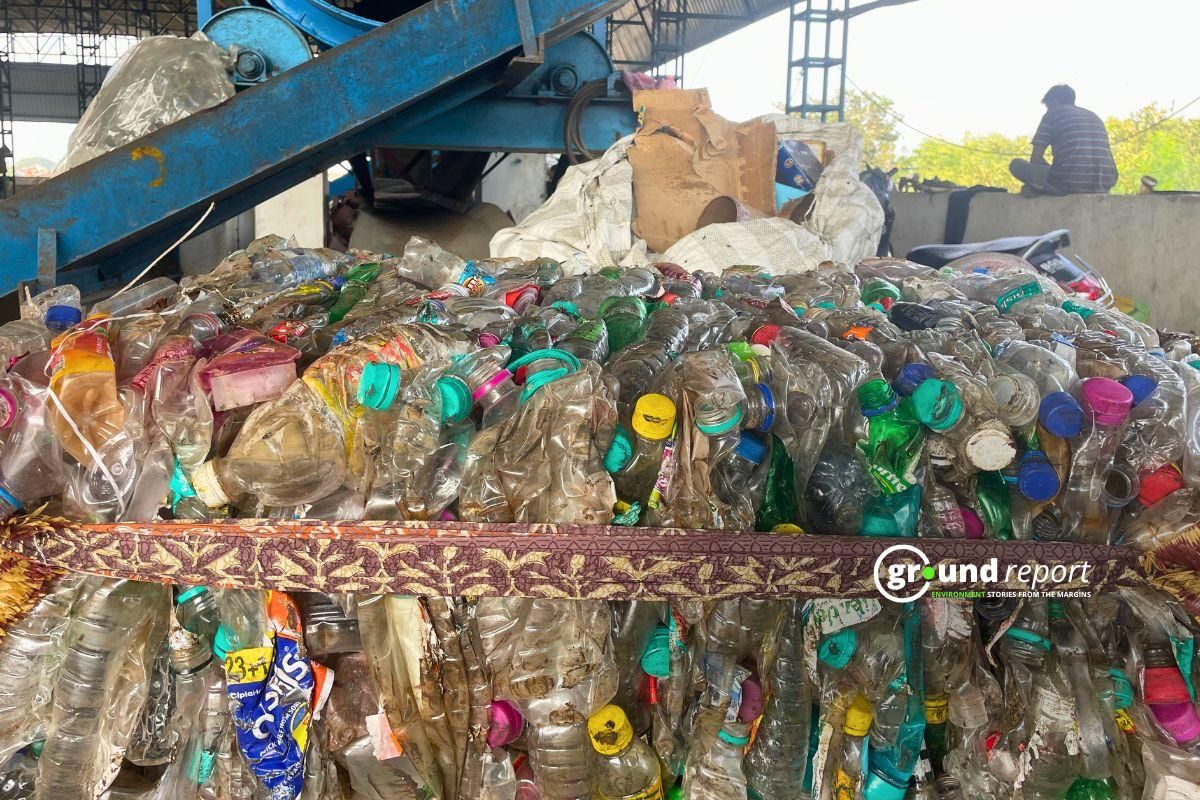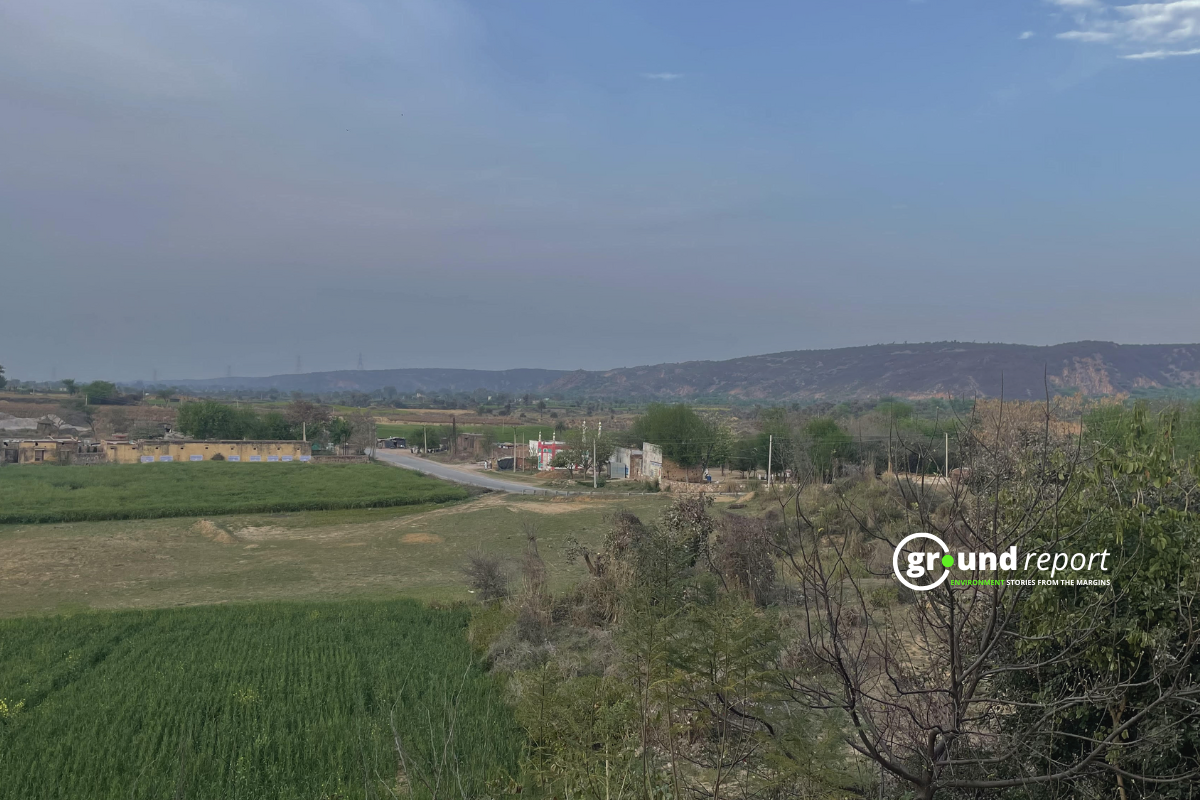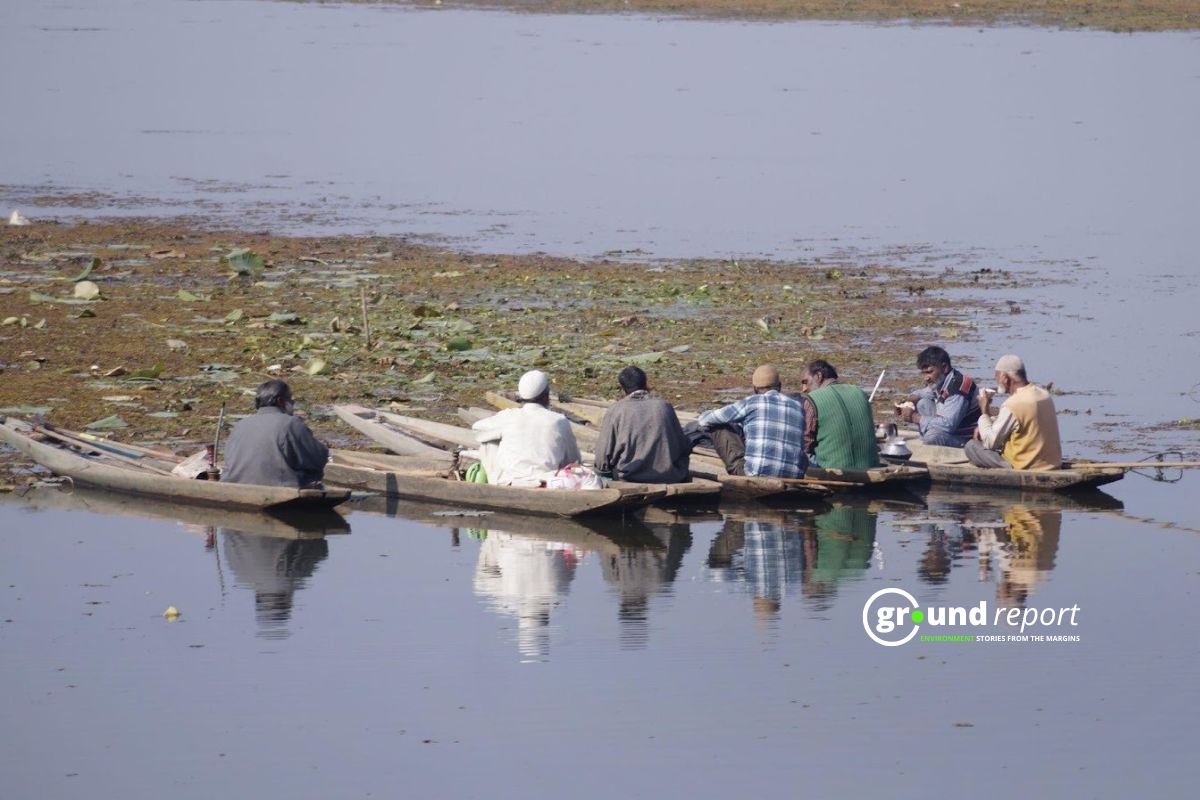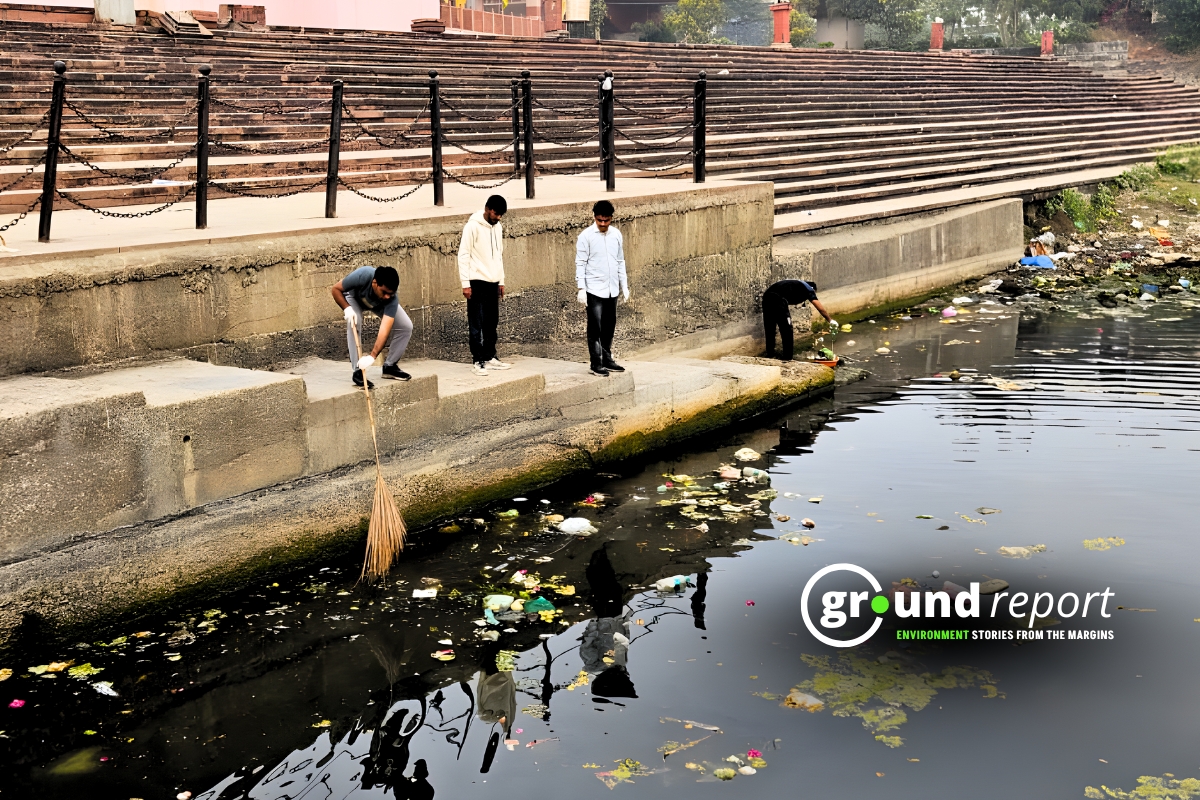As the clock ticks down to decisive action on plastic pollution, global leaders, negotiators, observers, think tanks, and environmental activists have convened in Busan. The South Korean city is hosting the fifth session of the Intergovernmental Negotiating Committee (INC-5), aimed at developing an international, legally binding treaty to tackle plastic pollution, including its impacts on marine environments.
The convention, which began on November 25 and will conclude on December 1, is focusing on key measures such as targets for reducing virgin plastic production, addressing microplastics, and establishing extended producer responsibility (EPR) schemes. A major focus is on reducing the environmental and health impacts of plastic while promoting a circular economy.
More than 3,800 participants have registered to participate in INC-5—the highest number of the five meetings—representing more than 170 countries and over 600 Observer organizations. The committee has met four times before in Uruguay, Paris, Nairobi, and Ottawa.
Critics suggest India has taken a ‘cautious’ stance in treaty negotiations, stressing the need for consensus and inclusivity. This approach may undermine the treaty’s ambitions, they added.
“Despite its recent call for greater climate funding for developing nations at COP29 in Baku, India’s actions in the plastic treaty talks raise doubts about its commitment to resolving the crisis,” said an observer.
India had called for a significant increase in climate funding from developed nations, criticising the agreed target of $300 billion annually by 2035 as inadequate compared to the $1.3 trillion demanded by developing countries.
POPLite, a global plastic pollution advocacy group, labelled India’s delegate speech at the November 27 plenary session as the “spoiler of the day.”
According to the official press release, India emphasises the need for a clear scope and principles for the new legally binding international treaty on plastic pollution. The delegation proposed that the treaty’s scope should align with the resolution from the 5th session of the United Nations Environment Assembly (UNEA) in 2022.
India also stressed avoiding overlap with existing multilateral agreements like the Basel, Rotterdam, and Stockholm Conventions and global bodies like the WTO to focus negotiations on areas not already addressed. The delegation highlighted the importance of adhering to principles from the Rio Declaration, particularly those of common but differentiated responsibilities, national circumstances, and the right to development.
Furthermore, India noted that key articles were missing in the latest negotiation text and urged their inclusion in discussions at INC-5 to ensure comprehensive deliberations and an effective treaty.
Ritwick Dutta, environmental lawyer and managing trustee of LIFE (Legal Initiative for Forest and Environment), argues that India, as the world’s largest producer of plastic waste, must take a leadership role in advocating for a robust, legally binding plastic treaty with transboundary implications. Unfortunately, he notes, current proposals appear to focus on avoiding legally binding provisions and rely instead on “national circumstances” and “voluntary measures” as the foundation for most articles in the treaty.
Dutta further adds that the Intergovernmental Negotiating Committee (INC) represents a crucial opportunity for the global community to demonstrate its commitment to reducing the environmental footprint of plastics. However, he expresses concern that member states seem more inclined to make the treaty voluntary rather than legally binding, which undermines the very purpose of having an international treaty in the first place.
Commenting further on India’s position in the treaty negotiations, another observer at the event noted, “I believe the Indian negotiators are capable of engaging in discussions to find a compromise. Beyond the US and China, there is potential for striking deals.” However, the observer expressed greater concern about the stances of Saudi Arabia and other Gulf countries, highlighting their potential to complicate consensus-building.
Developed countries, led by the EU, support stringent measures like banning harmful single-use plastics and making major producers financially accountable for managing plastic waste, guided by the “polluter pays” principle. They also advocate for investments in waste management infrastructure in developing nations. However, some nations, particularly significant plastic producers, approach these commitments cautiously due to economic and implementation concerns.
India’s Plastic Problem
India emerges as the World’s Largest Plastic Polluter. The plastic pollution numbers of the country are shocking and highlight a pressing environmental challenge. The world’s largest democracy produces approximately 9.3 million tonnes of plastic waste each year. This accounts for nearly 20% of global plastic emissions. While 60% of India’s plastic waste is recycled, much of this occurs in the informal sector, which is often inefficient. About 30% of plastic waste ends up in uncontrolled landfills, which further adds up to the problem. Despite regulatory bans, single-use plastics still comprise 43% of India’s plastic waste. Availability of cheap alternatives and lack of proper management add up to the use of it.
Besides plastic waste being openly burnt, marine and microplastic pollution is also another concern for India. An estimated 80% of marine litter along India’s coastline is plastic.
Meanwhile, the country’s plastics industry is in an upward boom. It is valued at approximately USD 43.68 billion in 2023 and is projected to grow to USD 68.33 billion by 2030. As a key sector of the Indian economy, it provides employment to over 4 million people and encompasses more than 30,000 companies. The industry plays a crucial role in manufacturing, packaging, and infrastructure development, reflecting its significant economic and developmental impact.
India’s response to plastic pollution includes measures like the Plastic Waste Management Rules and an Extended Producer Responsibility (EPR) framework. However, challenges in enforcement, infrastructure, and informal sector management persist, making global cooperation and robust policy execution critical for improvement.
Plastic can persist in the environment for decades, with studies revealing its presence in human placentas and brains, highlighting the far-reaching impacts of plastic pollution. As the world looks to Busan for solutions, the expectation is for a strong, legally binding treaty to address the crisis. Lars Stordal, Principal Expert in Waste and Marine Litter at GRID-Arendal, emphasises that “the world needs an ambitious agreement that puts an effective end to plastic pollution,” calling for robust financial mechanisms to facilitate a just transition towards a circular economy.
As the week progresses, all eyes are on the negotiations. The outcome will determine whether this marks the final intergovernmental step toward a comprehensive treaty or if further discussions will be needed to solidify the framework for tackling plastic pollution on a global scale.
Support us to keep independent environmental journalism alive in India.
Keep Reading
Watch: Kashmir experiences first snowfall of season after dry spell
Amarnath Yatra: Tackling rising death toll from extreme weather events
Tourists arrival in Kashmir break records, a need to regulate it?
From tourist paradise to waste wasteland: Sindh River Cry for help
Follow Ground Report on X, Instagram and Facebook for environmental and underreported stories from the margins. Give us feedback on our email id greport2018@gmail.com.
Don’t forget to Subscribe to our weekly newsletter, Join our community on WhatsApp, and Follow our YouTube Channel for video stories.






